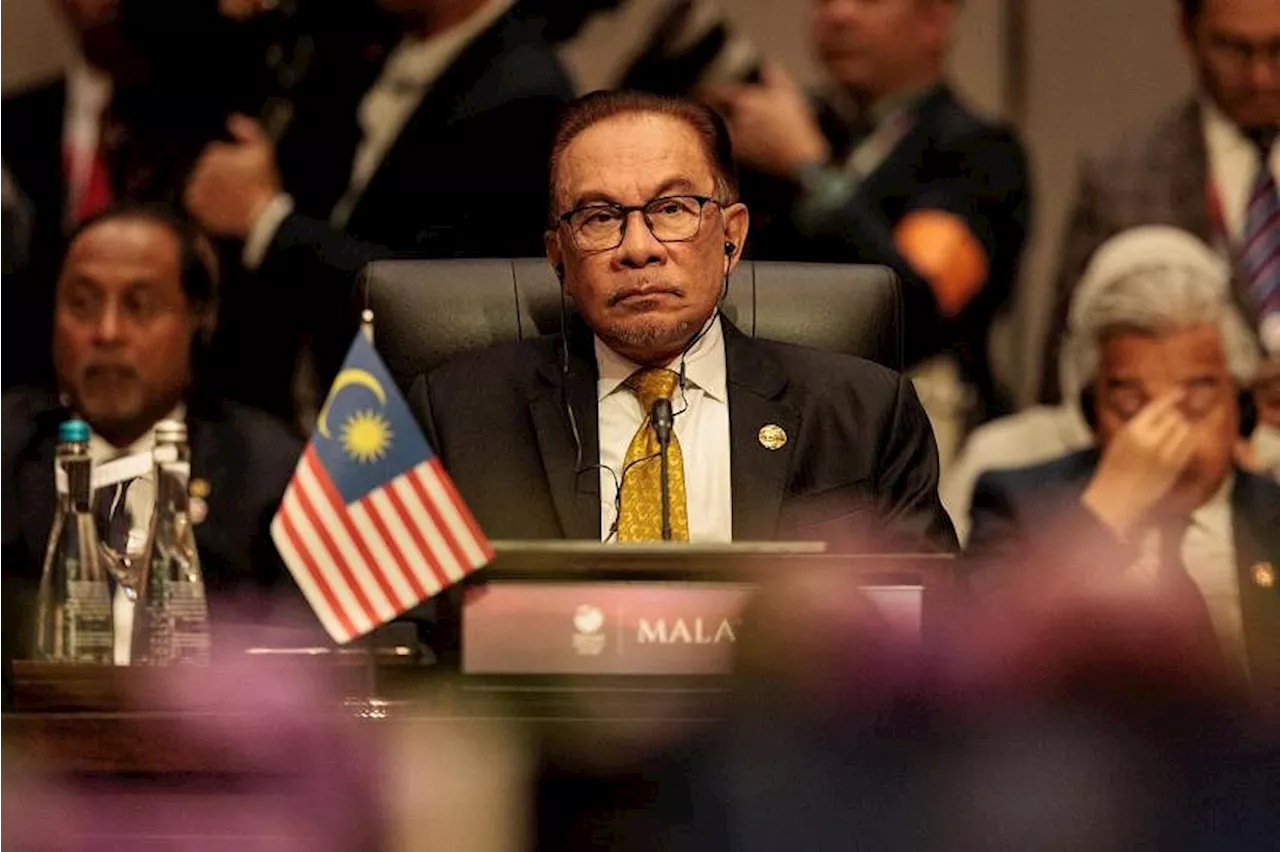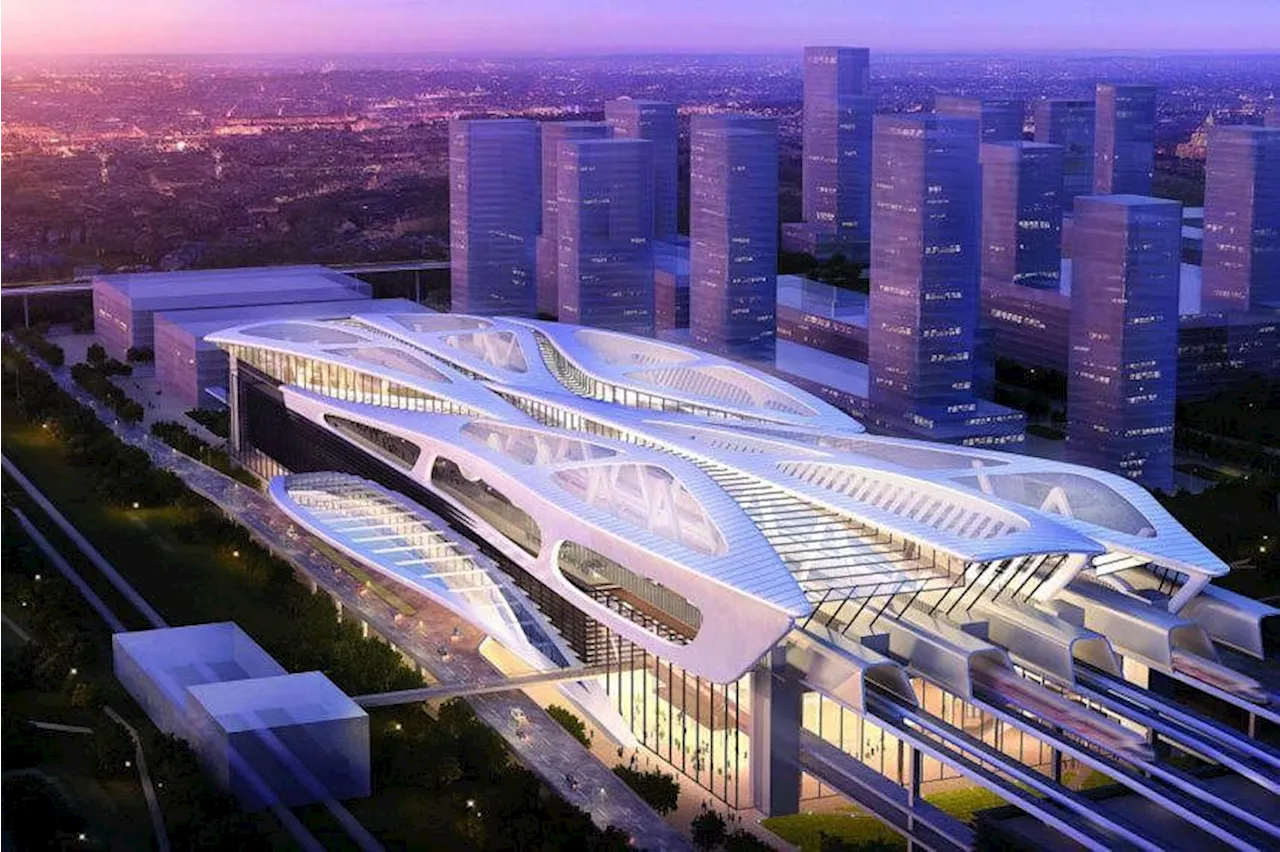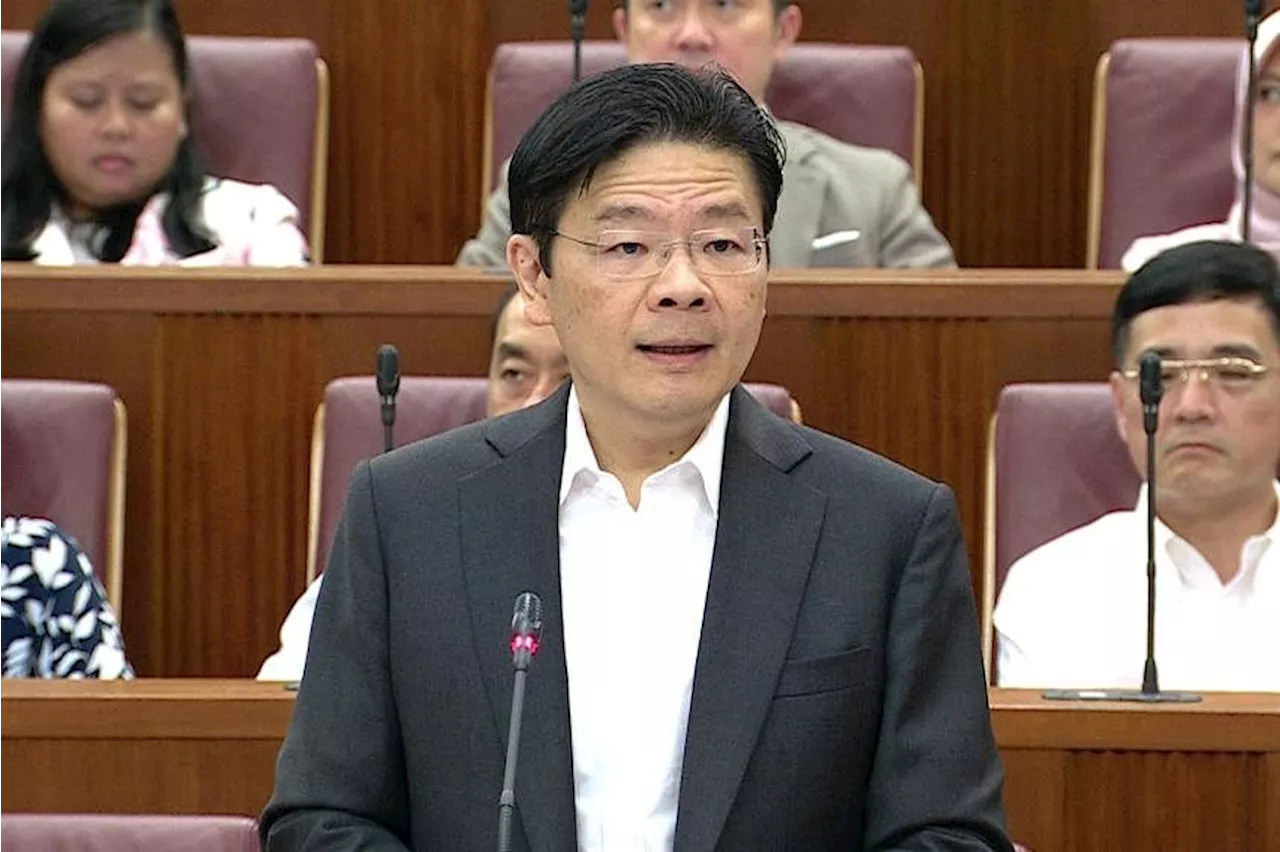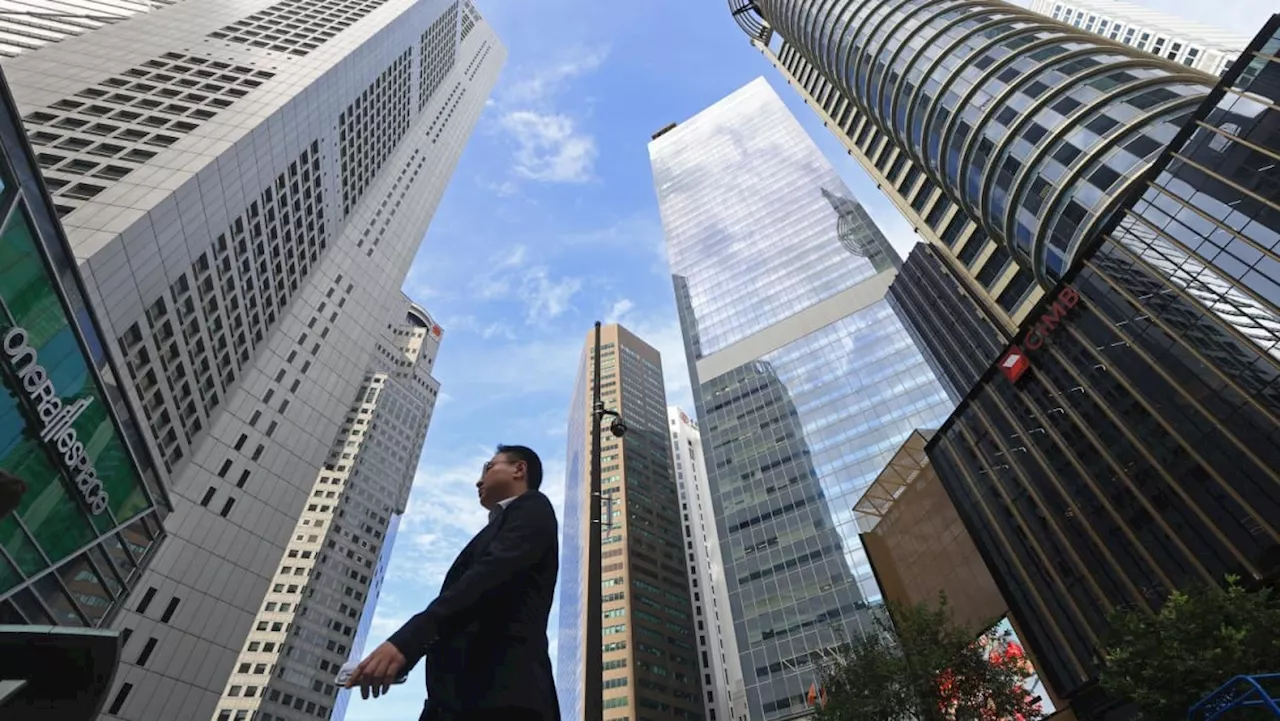Analysts say private companies would need state support for the HSR to be commercially viable.
KUALA LUMPUR - Malaysia’s plan to revive the Kuala Lumpur-Singapore high-speed rail by relying wholly on private sector financing is unlikely to get off the ground, say industry insiders, with fresh bidders for the project requesting government funding in their proposals.
In a stock exchange filing on Jan 26, Berjaya Land announced that its 70 per cent-owned subsidiary Berjaya Rail had formed a consortium with IJM Construction, Malaysian Resources Corp and Malaysia’s national railway firm Keretapi Tanah Melayu to submit a bid for the HSR. ST has also learnt that YTL Corp, which in 2018 was appointed to be a project delivery partner to design and deliver civil works for the HSR before it was suspended, has put in a fresh bid for the project.
Analysts believe that private financing alone cannot revive this project. They say that in order for the HSR to be commercially viable, private companies would need state support for land acquisition, subsidies for train tickets, and maintenance of the infrastructure.
Singapore Latest News, Singapore Headlines
Similar News:You can also read news stories similar to this one that we have collected from other news sources.
 Slashing pensions a brave move but Malaysia govt risks ‘political suicide’, say analystsMalaysia's pension bill could surge to RM120 billion by 2040 if the new plan is not implemented.
Slashing pensions a brave move but Malaysia govt risks ‘political suicide’, say analystsMalaysia's pension bill could surge to RM120 billion by 2040 if the new plan is not implemented.
Read more »
 Malaysia's plan for Kuala Lumpur-Singapore high-speed rail faces funding challengesMalaysia's plan to revive the Kuala Lumpur-Singapore high-speed rail (HSR) by relying on private sector financing is unlikely to get off the ground, as bidders for the project are requesting government funding. Japanese companies, including East Japan Railway Company, withdrew from the project, citing the lack of government financial support as too risky.
Malaysia's plan for Kuala Lumpur-Singapore high-speed rail faces funding challengesMalaysia's plan to revive the Kuala Lumpur-Singapore high-speed rail (HSR) by relying on private sector financing is unlikely to get off the ground, as bidders for the project are requesting government funding. Japanese companies, including East Japan Railway Company, withdrew from the project, citing the lack of government financial support as too risky.
Read more »
 Strategic campaigning laid foundation for Prabowo’s expected rise as Indonesia president: ExpertsDespite a chequered past, Mr Prabowo has the experience to govern Indonesia well, say analysts.
Strategic campaigning laid foundation for Prabowo’s expected rise as Indonesia president: ExpertsDespite a chequered past, Mr Prabowo has the experience to govern Indonesia well, say analysts.
Read more »
 Singapore's Budget 2024 Aims to Address Immediate Challenges and Long-Term GoalsThe Budget 2024 in Singapore focuses on addressing immediate challenges such as cost-of-living pressures while investing in long-term goals of economic growth, better jobs, and lifelong learning. Key policy moves include enhancements to the Assurance Package, top-up of SkillsFuture credits, and corporate income tax rebate. The government also plans to improve retirement adequacy, lower healthcare costs, and provide more support for lower-wage workers. Deputy Prime Minister Lawrence Wong announced these initiatives in his Budget speech.
Singapore's Budget 2024 Aims to Address Immediate Challenges and Long-Term GoalsThe Budget 2024 in Singapore focuses on addressing immediate challenges such as cost-of-living pressures while investing in long-term goals of economic growth, better jobs, and lifelong learning. Key policy moves include enhancements to the Assurance Package, top-up of SkillsFuture credits, and corporate income tax rebate. The government also plans to improve retirement adequacy, lower healthcare costs, and provide more support for lower-wage workers. Deputy Prime Minister Lawrence Wong announced these initiatives in his Budget speech.
Read more »
 Singapore incurs S$3.6b deficit in 2023 despite higher revenuesDespite a “better-than-expected” revenue collection in the 2023 financial year, Singapore incurred a fiscal deficit of S$3.6 billion. Health, defence and transport were some components of public spending that drove up expenditure. For Budget 2024, the Government is expecting a small surplus of S$0.8 billion.
Singapore incurs S$3.6b deficit in 2023 despite higher revenuesDespite a “better-than-expected” revenue collection in the 2023 financial year, Singapore incurred a fiscal deficit of S$3.6 billion. Health, defence and transport were some components of public spending that drove up expenditure. For Budget 2024, the Government is expecting a small surplus of S$0.8 billion.
Read more »
 Singapore's Budget 2024 to Address Cost-of-Living ConcernsDeputy Prime Minister and Finance Minister Lawrence Wong announced that Budget 2024 aims to help Singaporeans with their cost-of-living concerns. The government plans to provide a "cost-of-living special payment" of $200 to $400 for eligible citizens aged 21 and above in 2024. This payment is part of the $1.9 billion enhancement to Assurance Package.
Singapore's Budget 2024 to Address Cost-of-Living ConcernsDeputy Prime Minister and Finance Minister Lawrence Wong announced that Budget 2024 aims to help Singaporeans with their cost-of-living concerns. The government plans to provide a "cost-of-living special payment" of $200 to $400 for eligible citizens aged 21 and above in 2024. This payment is part of the $1.9 billion enhancement to Assurance Package.
Read more »
